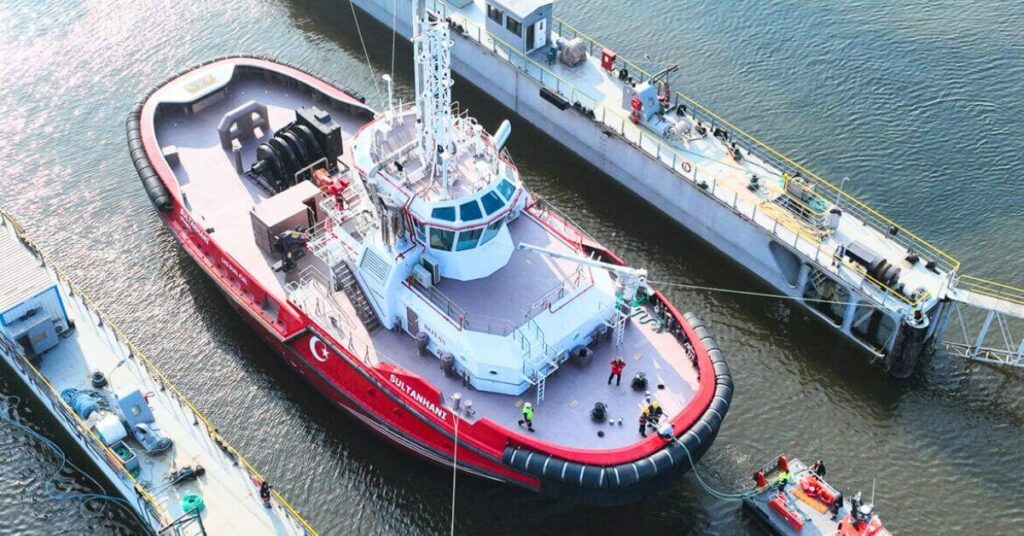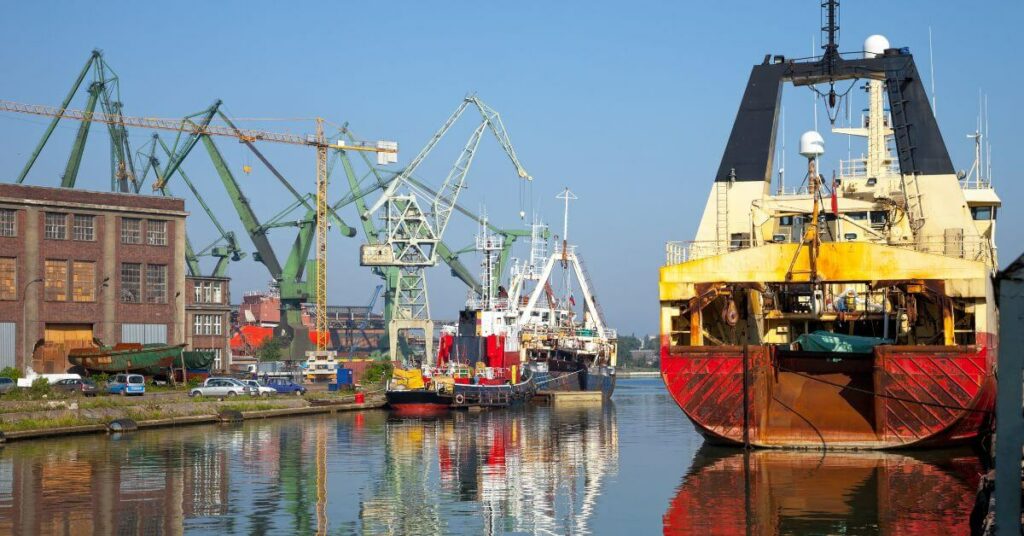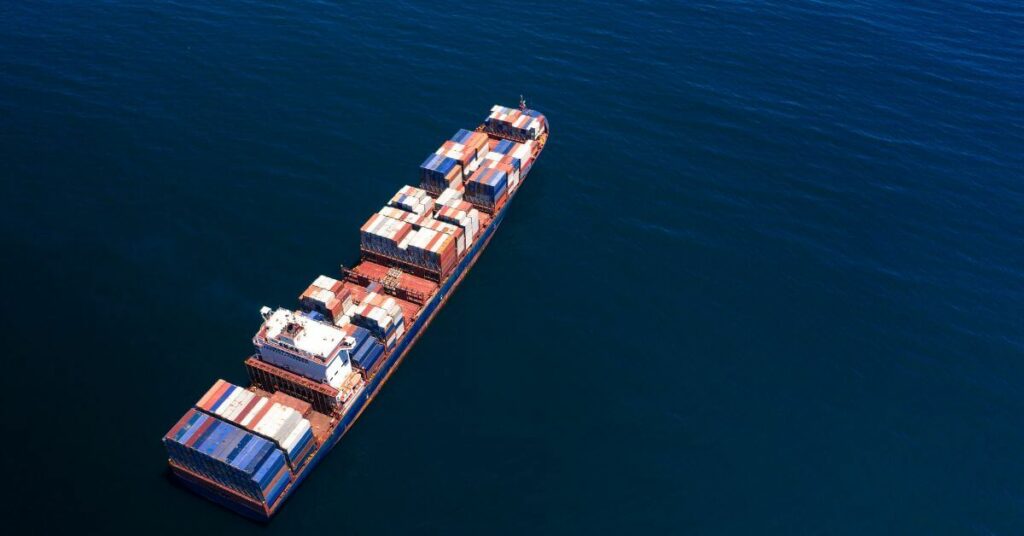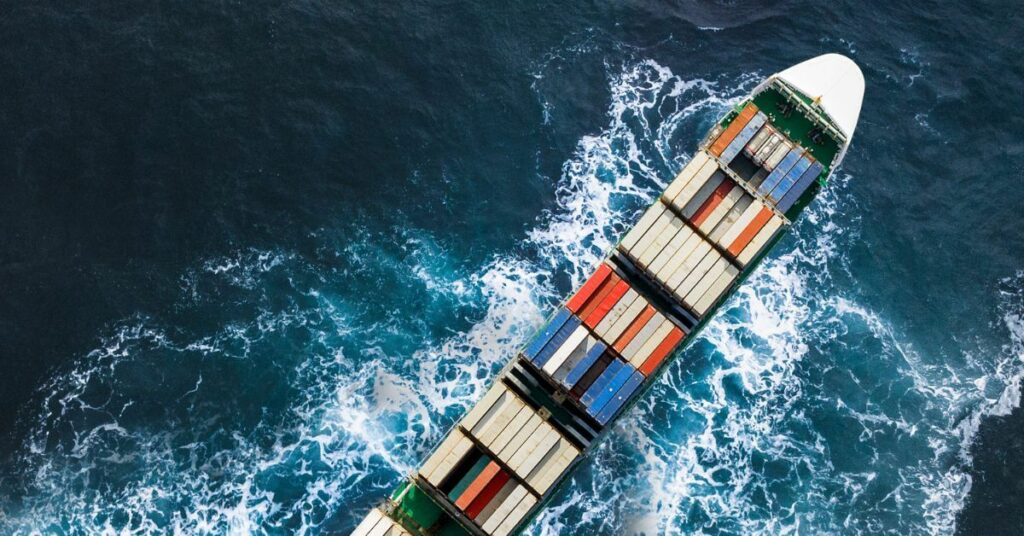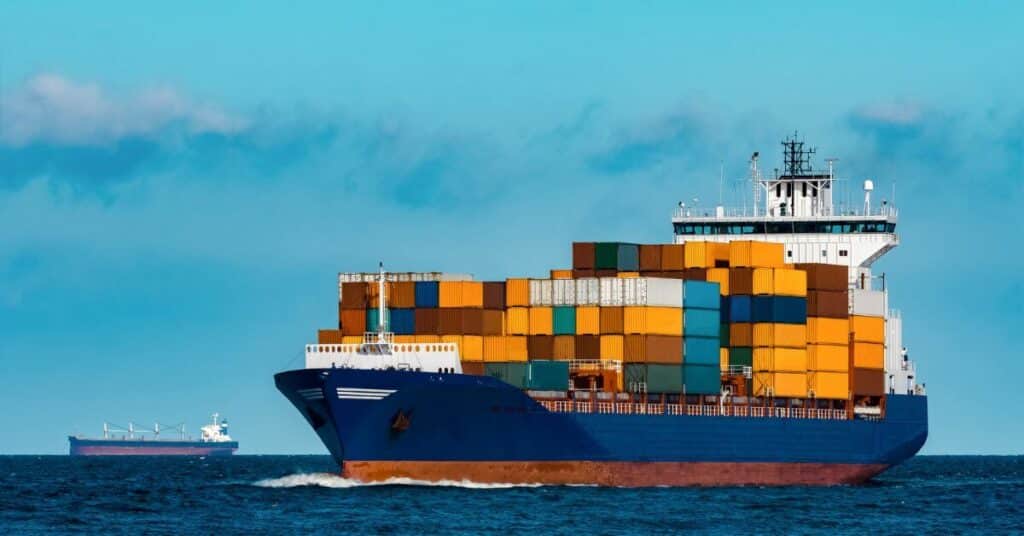Watch: Toxic Gas Leakage At Jordan’s Aqaba Port Kills 13, Hundreds Injured
A cloud of yellow gas is observed to be spreading across the ground, sending individuals screaming and running for immediate safety.
On Monday, the State media reported that 123 of the injured were being treated for harmful chemical exposure at their local hospitals. Some were found in a critical state.
Chlorine is widely used in the industry and is an ingredient in household cleaning products. It’s a yellow-green gas at normal pressure and temperature but is usually cooled and pressurized for shipment and storage.

If chlorine is swallowed, inhaled, or comes in contact with human skin, it reacts with water and produces acids that damage cells. Inhaling excessive chlorine causes the fluid to keep building up in the lungs. This causes a life-threatening disease called pulmonary oedema.
Residents of Aqaba, which is 16km north of the port, were asked to stay inside and close doors and windows following the leakage, which happened at 15:15 on Monday.
Aqaba’s southern beach is about 7 km away and is also a popular tourist destination, was evacuated as a precaution, per reports from the AFP news agency.
After many hours Faisal Shboul, the Minister of State for Media Affairs, declared that there were no risks to the city and residents anymore.
The Civil Defence Department had sent out specialist teams to the port for dealing with the leakage and clean-up mission.
The PM Bisher al-Khasawneh flew to Aqaba and visited a hospital that was offering treatment to some of the injured.
He asked Mazen Faraya, the Interior Minister, to supervise an investigation into the tragedy and guarantee resources to keep an eye out to establish total security of workers at the ports and necessary precautions, specifically about hazardous materials.
Aqaba’s port’s deputy director informed AlMamlaka TV that an “iron rope” that had been trying to carry the container suddenly “broke” when it was getting loaded on a vessel.
The container was loaded with about 25 to 30 tonnes of chlorine and was exported to Djibouti.
References: CNN, BBC, Reuters
Disclaimer :
The information contained in this website is for general information purposes only. While we endeavour to keep the information up to date and correct, we make no representations or warranties of any kind, express or implied, about the completeness, accuracy, reliability, suitability or availability with respect to the website or the information, products, services, or related graphics contained on the website for any purpose. Any reliance you place on such information is therefore strictly at your own risk.
In no event will we be liable for any loss or damage including without limitation, indirect or consequential loss or damage, or any loss or damage whatsoever arising from loss of data or profits arising out of, or in connection with, the use of this website.
Disclaimer :
The information contained in this website is for general information purposes only. While we endeavour to keep the information up to date and correct, we make no representations or warranties of any kind, express or implied, about the completeness, accuracy, reliability, suitability or availability with respect to the website or the information, products, services, or related graphics contained on the website for any purpose. Any reliance you place on such information is therefore strictly at your own risk.
Do you have info to share with us ? Suggest a correction
About Author
Marine Insight News Network is a premier source for up-to-date, comprehensive, and insightful coverage of the maritime industry. Dedicated to offering the latest news, trends, and analyses in shipping, marine technology, regulations, and global maritime affairs, Marine Insight News Network prides itself on delivering accurate, engaging, and relevant information.

About Author
Marine Insight News Network is a premier source for up-to-date, comprehensive, and insightful coverage of the maritime industry. Dedicated to offering the latest news, trends, and analyses in shipping, marine technology, regulations, and global maritime affairs, Marine Insight News Network prides itself on delivering accurate, engaging, and relevant information.
Latest Shipping News Articles You Would Like:
Subscribe To Our Newsletters
By subscribing, you agree to our Privacy Policy and may receive occasional deal communications; you can unsubscribe anytime.




